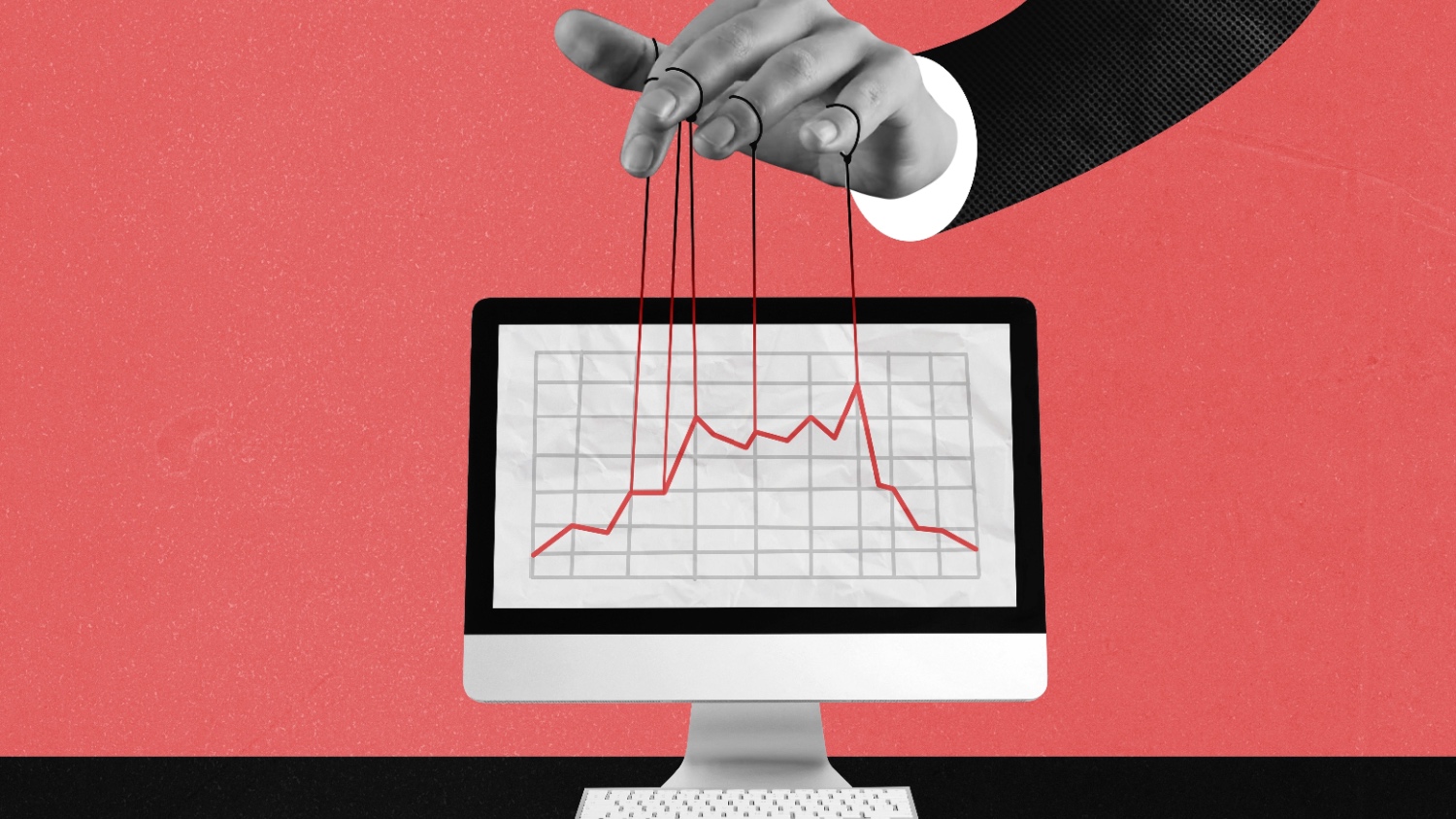Robinhood and the Rise of Day Trading: What does it mean on your income taxes?

By Nathan Goldman and Christina Lewellen
As COVID caused millions of Americans to spend more idle time at home, the country has experienced a surge in day trading activities. And while for years many individuals relied on financial advisors to think through their stock portfolios, the rise in popularity of apps like Robinhood have put everyday Americans in control of buying and selling their own stock. So while the lucky individuals who rode on the wave of non-traditional market patterns – like seen in GameStop and AMC – may see dramatical fluctuations in their earnings, they may not have thought through how it’s going to affect their taxes at the end of the year.
Poole College of Management accounting professors Nathan C. Goldman and Christina M. Lewellen offer guidelines and suggestions for those trying to understand the tax implications of these market fluctuations.
A quick guide to day trading’s effect on individual income taxes
- Calculating a gain or loss on your trades is relatively straightforward. Remember, each time you sell a stock, the gain or loss is calculated as the amount you sold it for less the amount you bought it for.
- Gains from the sale of stock are taxable. If you elect to hold onto the stock for one year or less, any gain recognized is considered taxable at your ordinary income tax rate. For example, if you are a single taxpayer and make $100,000, your tax rate in 2021 on any additional income will be 24 percent – meaning, every $100 of income you make from day trading results in an additional $24 of taxes owed. If you hold the stock for one year and one day or longer, then any gain recognized will be taxed at a reduced capital gains rate. This rate is 0% if your taxable income is under $40,400, 15% if your taxable income is between $40,400 and $445,850, and 20% if your taxable income is over $445,850.
- Losses only receive limited deductions on your tax return. Americans can deduct $3,000 of capital losses each year on their tax return. For example, if you sustain a $12,000 loss on your trading activities, you can deduct $3,000 on your tax return each year for the next four years.
- Losses can also be used to offset gains. In the prior example, if you have a $12,000 loss this year and opt to deduct $3,000 on your tax return this year, but next year you have a $20,000 gain, then you will only have to pay taxes on $11,000 of that gain because the $9,000 ‘carryforward’ can offset some of your gains in the current year.
- Taxes are not collected by these trading apps. It will be up to you to reconcile your tax liabilities with the IRS upon filing your tax return. Therefore, if you have a gain from day trading at year-end, you will owe taxes when you file your tax return. That is why it is important to know this information in advance and either make estimated payments to the IRS or put money aside to pay your taxes at year-end.
- The IRS will know about your trading activities. As part of signing up for these apps, you are required to provide your identifying information so that they can issue you tax documents at the end of the year. These documents are also provided to the IRS and you will be required to pay taxes on any gains received. So if you do not include these transactions on your tax return, you will receive a letter from the IRS billing you for taxes and penalties.
Suggestions to help investors as they navigate this new avenue of investment activities
- All investors should keep careful track of their purchases and sales. While apps like Robinhood can help you keep track of these activities, paying the correct amount in taxes is ultimately your responsibility. As highlighted above, gains can be costly, and losses can offset how much taxes are owed at the end of the year. We recommend carefully tracking these numbers to ensure that you are being afforded all of the deductions possible.
- Think carefully about the timing of your sales. As illustrated above, holding a stock for one year and one day can dramatically change the tax liabilities owed compared to holding a stock for 11 months and 30 days. Additionally, accelerating or de-accelerating gains or losses around year-end can also have dramatic tax consequences. For example, if you had $20,000 in net gains from trading activities and you own some shares of stock that, if sold, would result in a $10,000 loss, it may make sense to sell them this year versus next. This logic is because it will reduce taxes for the current year, whereas the deduction for losses may be limited next year if you have no additional gains.
- In the eyes of the IRS, being a day trader is not the same as doing this as a profession. As it specifically pertains to day trading, the IRS classifies these activities as a hobby, which significantly limits the deductions that one can make related to these activities.
- Save a portion of the proceeds from your sales that have gains to pay your taxes. Should you be in a gain position during the year, be sure to set aside the appropriate funds to be able to pay your income tax liability upon filing your taxes. Unlike your paycheck, this money is not automatically taken out, and it is your responsibility to pay that money.
- Perhaps most importantly, stay in compliance with the IRS. The IRS will be aware of your gross sales proceeds from trading. Specifically, brokers like Robinhood will issue you and the IRS tax forms outlining your gross proceeds. Furthermore, the IRS has sophisticated processes to determine whether your income per tax documents aligns with your income per your tax return. Differences between the two can trigger an audit where you would be responsible for paying the differences in tax liabilities plus a penalty for underpaying.
- Categories:
- Series:


